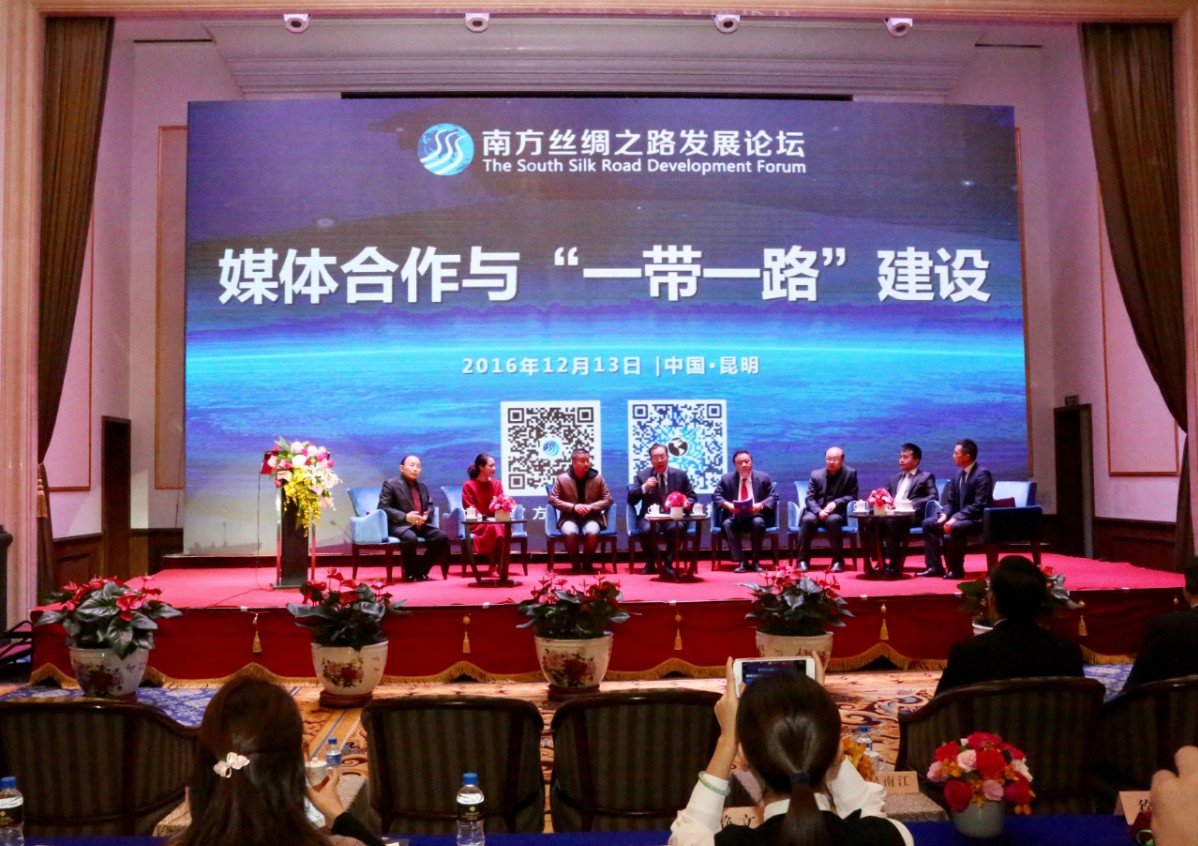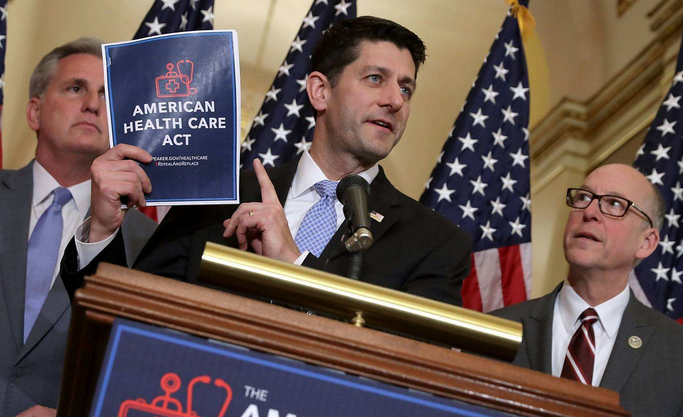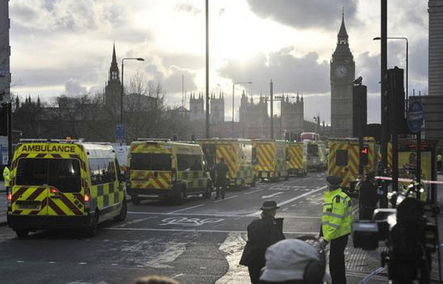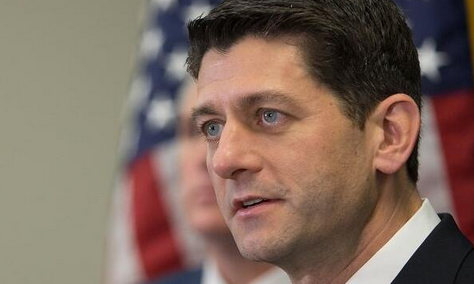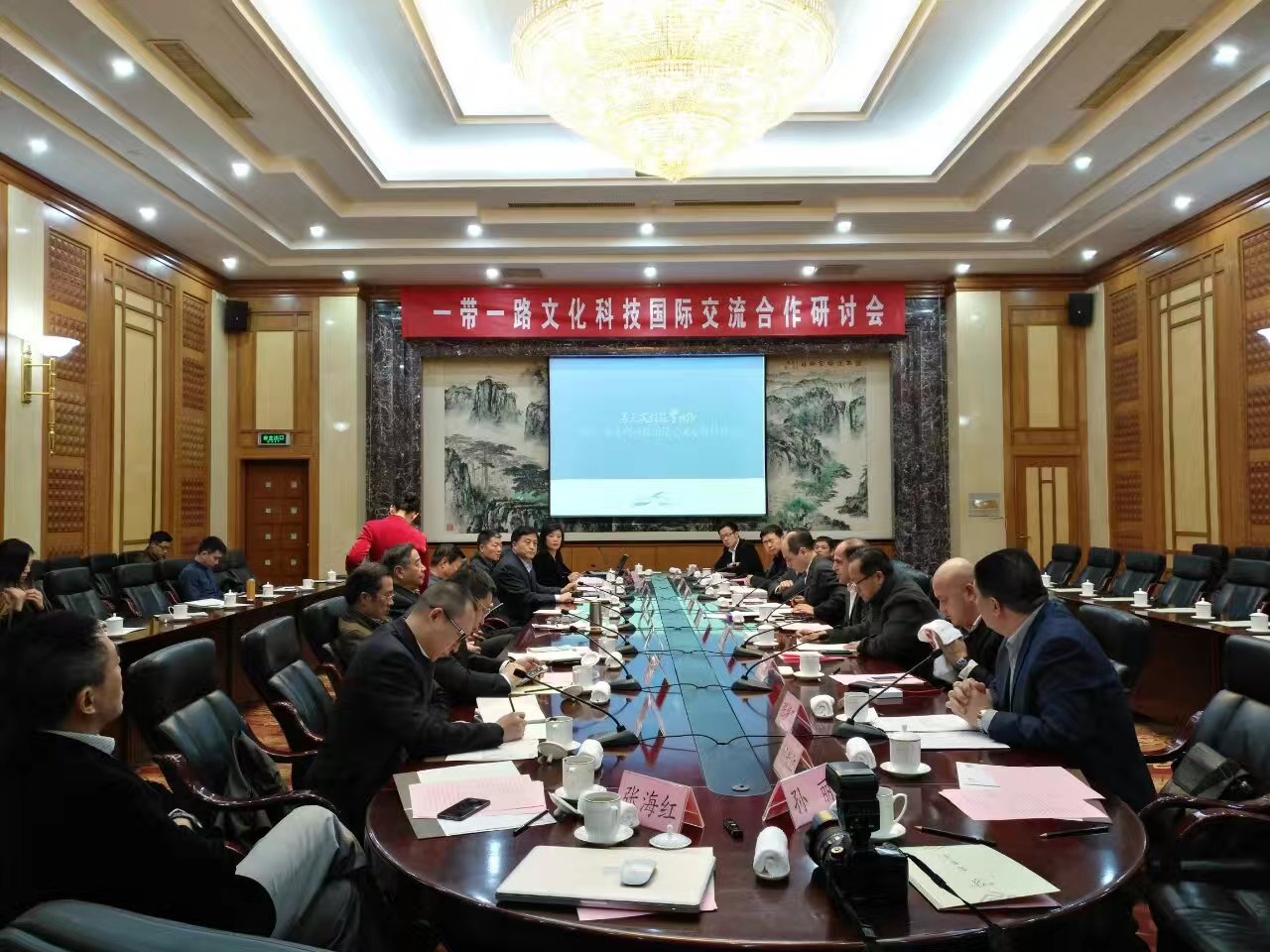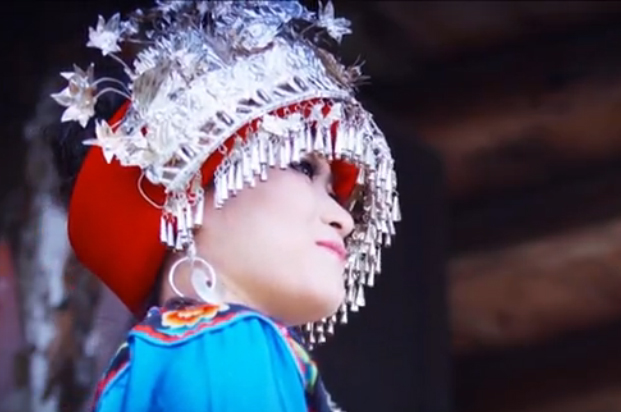Fate of Obama legacy initiatives in hands of courts, successor

File photo of U.S. President Barack Obama signing into law S. 337: FOIA Improvement Act of 2016 and S. 2328: Puerto Rico Oversight, Management and Economic Stability Act at the Oval Office of the White House in Washington
By Lawrence Hurley
WASHINGTON (Reuters) - When President Barack Obama leaves office on Jan. 20 after eight years, several of his major initiatives will still hang in the legal balance, meaning the U.S. courts and his successor will play a major role in shaping his legacy.
Ongoing legal challenges by Republican-governed states and business groups are targeting Obama's signature healthcare law, his plan to combat climate change, a key immigration initiative, his transgender rights policy, his "net neutrality" internet rules, overtime pay for workers and other matters.
Most of the cases are awaiting rulings by trial judges or regional federal appeals courts and could be bound for the U.S. Supreme Court, but are unlikely to get there until after the winner of Tuesday's election, pitting Democrat Hillary Clinton against Republican Donald Trump, is sworn in.
Unless the U.S. Senate changes course and confirms Obama's nominee, appellate court judge Merrick Garland, to fill the vacant ninth seat on the ideologically split Supreme Court, the next president would be responsible for selecting a new justice who could cast the deciding vote in these cases.
The Supreme Court has already agreed to decide a major transgender rights case. Obama's administration is backing a female-born transgender high school student named Gavin Grimm, who identifies as male and sued in 2015 to win the right to use the school's boys' bathroom. A ruling, which also could resolve similar litigation around the country, is not due until the end of June.
In another transgender rights case, a number of states challenged the Obama administration's May guidance to public schools nationwide to let transgender students use bathrooms of their choice. A federal judge blocked the policy in August while the litigation continues.
Because Obama during much of his presidency has faced a Republican-controlled Congress hostile to his legislative initiatives, he has often bypassed lawmakers and used executive power to advance policy goals.
"Despite having majorities in both houses of Congress, Republicans have refused to govern. Instead, this litigious Republican Party has rushed to the courts with partisan lawsuits," White House spokesman Eric Schultz said.
Those challenging Obama have vowed to fight on unless his successor changes course.
"Should a new administration rescind those policies and respect the bounds placed before it, we will happily direct our energies elsewhere," added Republican Texas Attorney General Ken Paxton, who has helped spearhead various legal challenges to Obama.
Clinton, backed by Obama in her White House bid, could be expected to leave in place or even expand on his initiatives and to defend them in court. Trump, if elected, could quickly reverse Obama executive orders as promised. But undoing large-scale regulations like power plant emissions rules could be more complicated.
"It's not at the stroke of a pen," said Sean Donahue, a lawyer representing environmental groups that backed Obama administration climate rules known as the Clean Power Plan.
Trump would have to undergo a new, lengthy rule-making process, according to legal experts.
CLEAN POWER PLAN
The case with the biggest potential long-term impact is the challenge by states and industry groups to Obama's Clean Power Plan, which would curb greenhouse emissions mainly from coal-fired power plants. The rules are an important legacy issue for Obama. They also are vital to U.S. obligations under last year's international climate change treaty.
A federal appeals court heard oral arguments in September. A ruling is not due for months. The case is likely to go to the Supreme Court on appeal.
The Supreme Court put the regulations on hold in February while the litigation continues.
Republicans and conservative groups have launched numerous challenges to the 2010 Affordable Care Act, known as Obamacare. The Supreme Court in 2012 and 2015 issued rulings preserving Obama's top legislative achievement.
Now, another Republican-led legal challenge is making its way through the courts. The administration has appealed a district court judge's May decision that the federal government cannot spend billions of dollars to provide subsidies under Obamacare to help individuals buy policies from private insurers without congressional approval.
Separately, the administration is seeking in federal court in Texas to revive Obama's 2014 executive action to protect millions of immigrants in the country illegally from deportation and give them work permits. The plan, challenged by Texas and other states, has been barred by the courts. The Supreme Court, split 4-4, in June left in place lower court orders blocking the plan, and in October declined to revisit that ruling.
Other Obama regulations have been targeted by business groups. A federal appeals court in June upheld Obama's landmark "net neutrality" rules barring internet service providers from obstructing or slowing down consumer access to web content. The case remains under appeal.
In September, states and business groups filed a legal challenge to an administration rule to extend mandatory overtime pay to millions of workers. A ruling is not due until after Obama leaves office.
(Reporting by Lawrence Hurley; Editing by Amy Stevens and Will Dunham)
- 2017-03-03
- 2017-03-02
- 2017-03-01
- 2017-02-06
- 2020-12-17
- 2017-03-01
- 2017-11-19
- 2017-11-17

 欢迎进入视界中文网官网!
欢迎进入视界中文网官网!